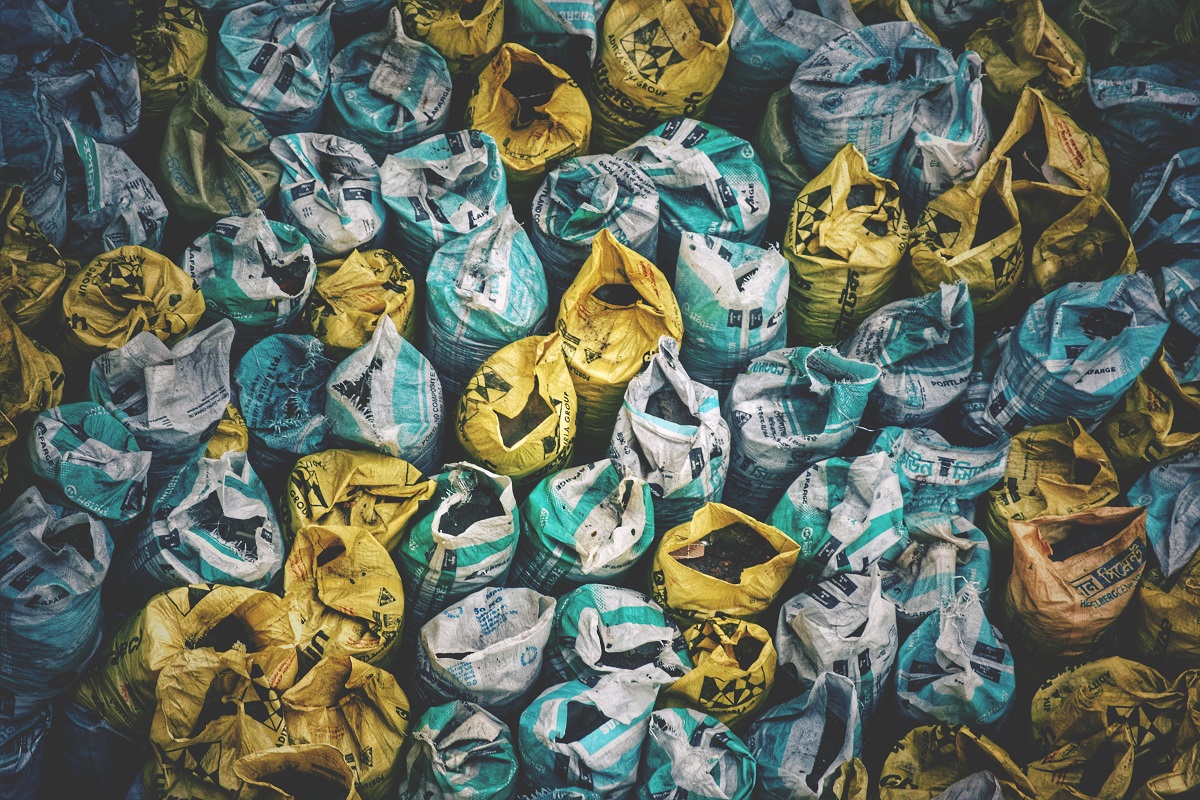Livestock activities generate waste, which must be disposed of in some way. Animal dung is a wonderful fertilizer, but it also emits methane, which is classified as a greenhouse gas. However, a California-based entrepreneur sees value in that methane and wants to assist farmers in tapping into that market, farmprogress.com writes.
WasteFuel Agriculture was unveiled to farmers at the recent World Ag Expo, and Farm Progress spoke with Trevor Neilson, co-founder, chairman, and CEO of the company, prior to the announcement. He claims that they are not a technological firm and that they rely on the technology of others. They don’t want to be in the business of developing anything and are technologically adaptable.
The company is concentrating on methods to build a waste-to-energy infrastructure that will allow farmers to access new commercial opportunities. Being tech-savvy means that a farmer may be involved in converting methane from a digester into renewable natural gas, as some dairies have begun to do, while others may convert that methane into methanol, which is a new option for marine fuel as shippers look to lower their carbon footprint.
Using methane for either of those two products helps to remove it from the atmosphere and put it to good use. Because it is a natural and renewable resource, it has a climate-smart tale to tell.
Neilson recalls that when he initially began looking at agriculture for its financial potential, he expected to face a slew of rivals. According to him, the space is not as busy as he anticipated, and the majority of the people they speak with consider it as an intriguing choice.
It is not an easy process to convert trash to energy on the farm, but WasteFuel Agriculture has begun a “full-court press” to reach out to dairies first in order to initiate negotiations.
WasteFuel’s ability to create a market for a relatively new business is aided by the fact that it has investors who would be end-users of the product.
According to Neilson, multinational shipper Maersk must purchase 400,000 tons of green methanol for new ships it has purchased. That’s only for the first six ships, and Maersk plans to never acquire another ship fueled by fossil fuels, so they’ll need as much methanol as they can get their hands on.
Neilson notes that for the agricultural sector, the process will begin with an anaerobic digester at a dairy or other waste-producing business. This eliminates the need to carry manure to a processing plant. But, according to Neilson, there are certain roadblocks to overcome.

